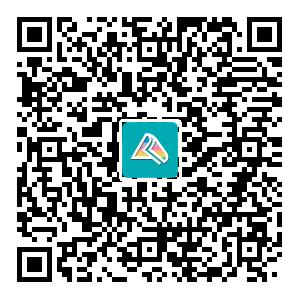2009年6月ACCA试题:F4试题(全球)答案十六
(b) Endorsement relates to the way in which international bills of exchange are transferred and in effect it allows the original payee of the instrument to transfer the benefit of it to some other party by signing it.
Article 13 of the UN Convention on International Bills of Exchange and International Promissory notes provides, a bill of exchange is transferred either by:
(a) endorsement and delivery of the instrument by the endorser to the endorsee; or
(b) mere delivery of the instrument if the last endorsement is in blank.
By virtue of Article 14 an endorsement must be written on the instrument attached to it. Any such endorsement may be:
(a) in blank, that is, by a signature alone or by a signature accompanied by a statement to the effect that the instrument is payable to a person in possession of it;
(b) special, that is, by a signature accompanied by an indication of the person to whom the instrument is payable.
A signature alone, other than that of the drawee, is an endorsement only if placed on the back of the instrument. An endorsement must be unconditional and in the light of any conditional endorsement the bill of exchange will still be transferred whether or not the condition is fulfilled (Article 18)。
An endorsement must relate to the entire sum of the bills or it is ineffective (Article 19)。
If there are two or more endorsements, it is presumed, unless the contrary is proved, that each endorsement was made in the order in which it appears on the instrument (Article 20)。
An instrument may be transferred in accordance with Article 13 after maturity, except by the drawee, the acceptor or the maker (Article 23)。
Under Article 17(1) a bill cannot be transferred if the bill or an endorsement on the bill contains words such as not negotiable/not transferable/not to order/pay x only.
Under Article 25, if an endorsement is forged, the person whose endorsement is forged, or a party who signed the instrument before the forgery, has the right to recover compensation for any damage that he may have suffered because of the forgery. This right may be exercised against:
(a) the person who forged the endorsement;
(b) the person to whom the instrument was directly transferred by the forger;
(c) a party or the drawee who paid the instrument to the forger directly or through one or more endorsees for collection.
However, an endorsee for collection is not liable if they have no knowledge of the forgery: at the time he pays the principal or advises him of the receipt of payment; or at the time he receives payment, if this is later, unless his lack of knowledge is due to his failure to act in good faith or to exercise reasonable care.
Alternatively, the drawee who pays an instrument is not liable if they are unaware of the forgery again just as long as their lack of knowledge is not due to their failure to act in good faith or to exercise reasonable care.
If an endorsement is made by an agent without authority or power to bind his principal in the matter, the principal, or a party who signed the instrument before such endorsement, usually has the right to recover compensation for any damage that he may have suffered because of such endorsement against:
(a) The agent;
(b) The person to whom the instrument was directly transferred by the agent;
(c) A party or the drawee who paid the instrument to the agent directly or through one or more endorsees for collection (Article 26)。




